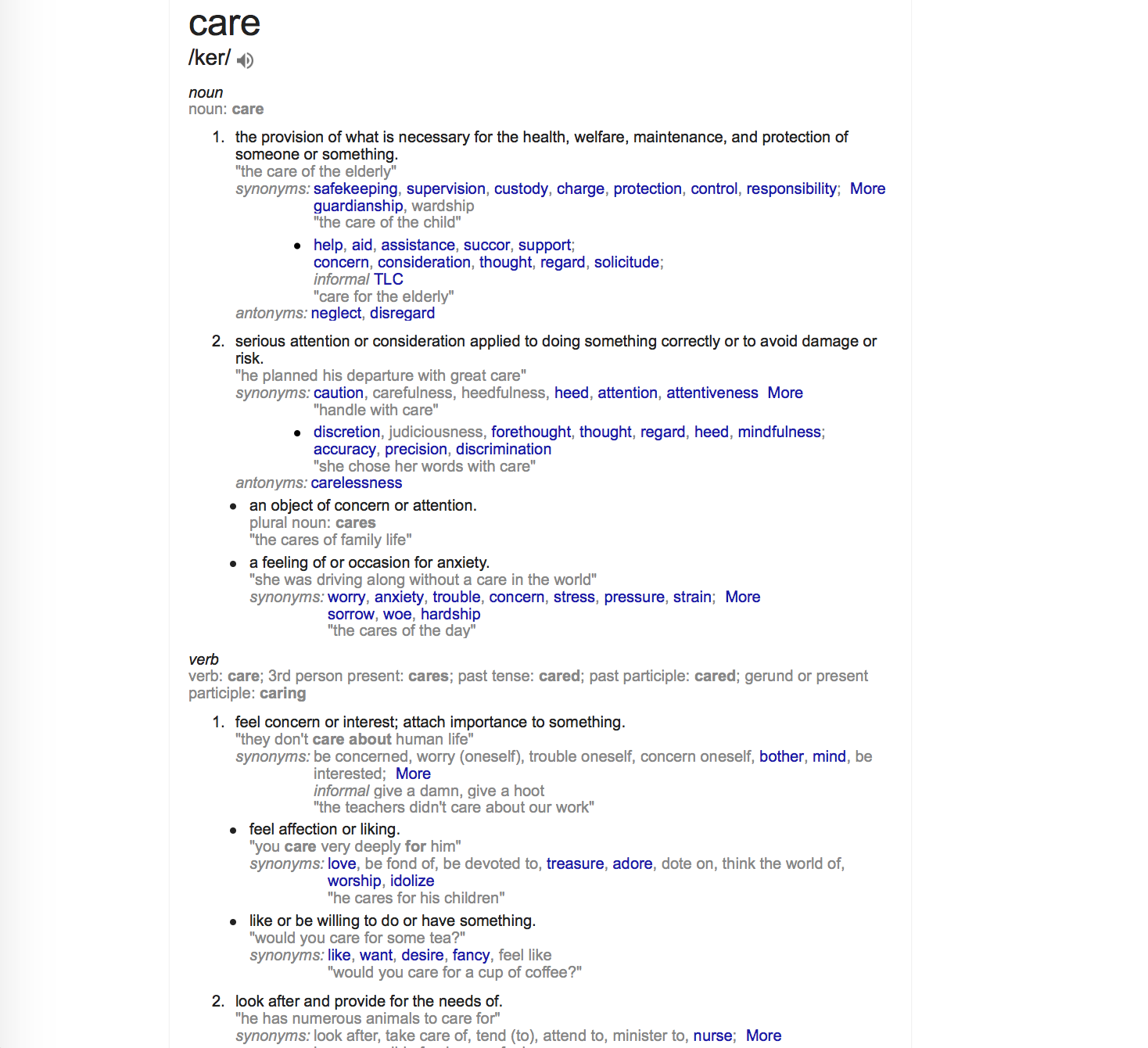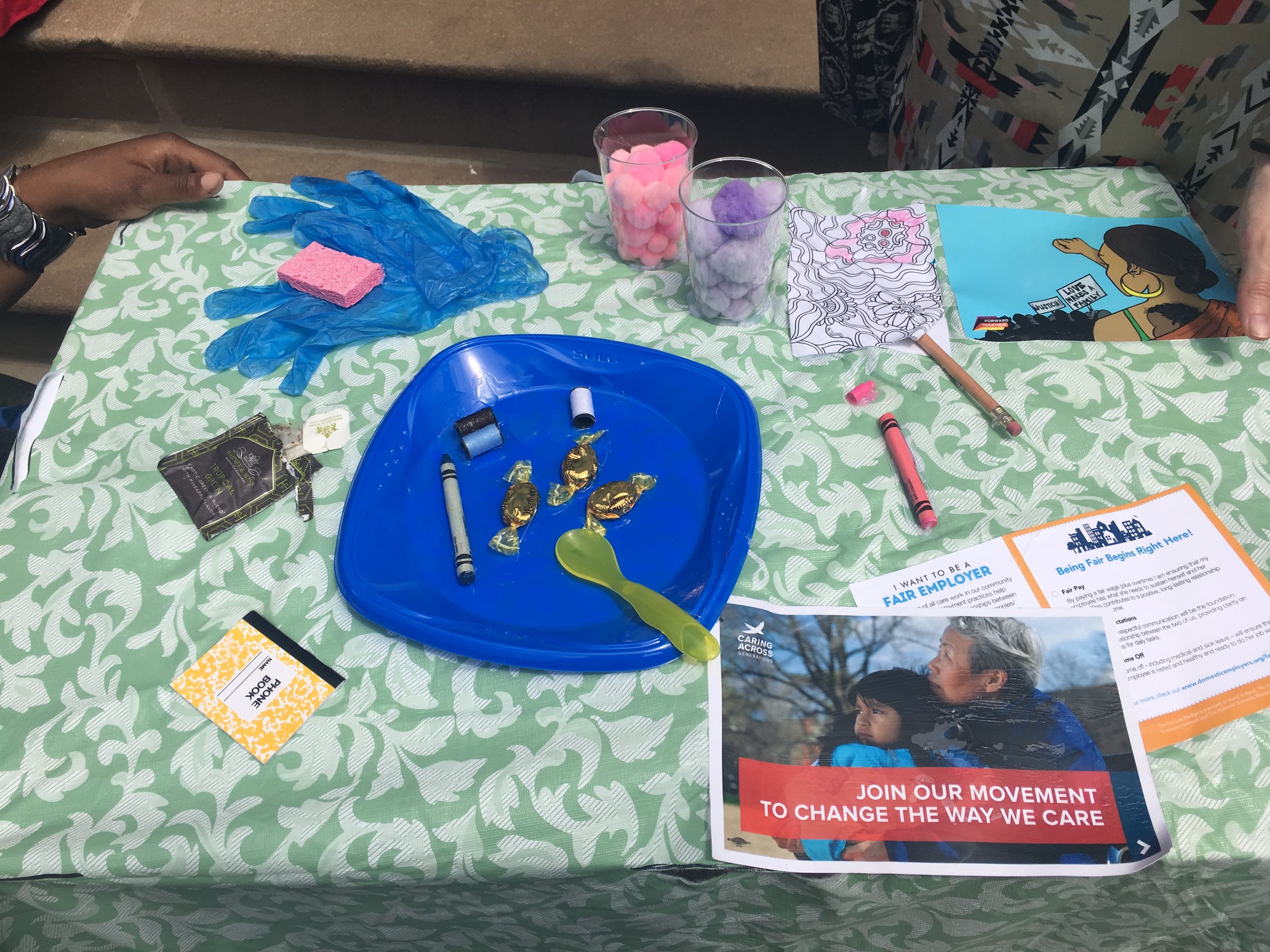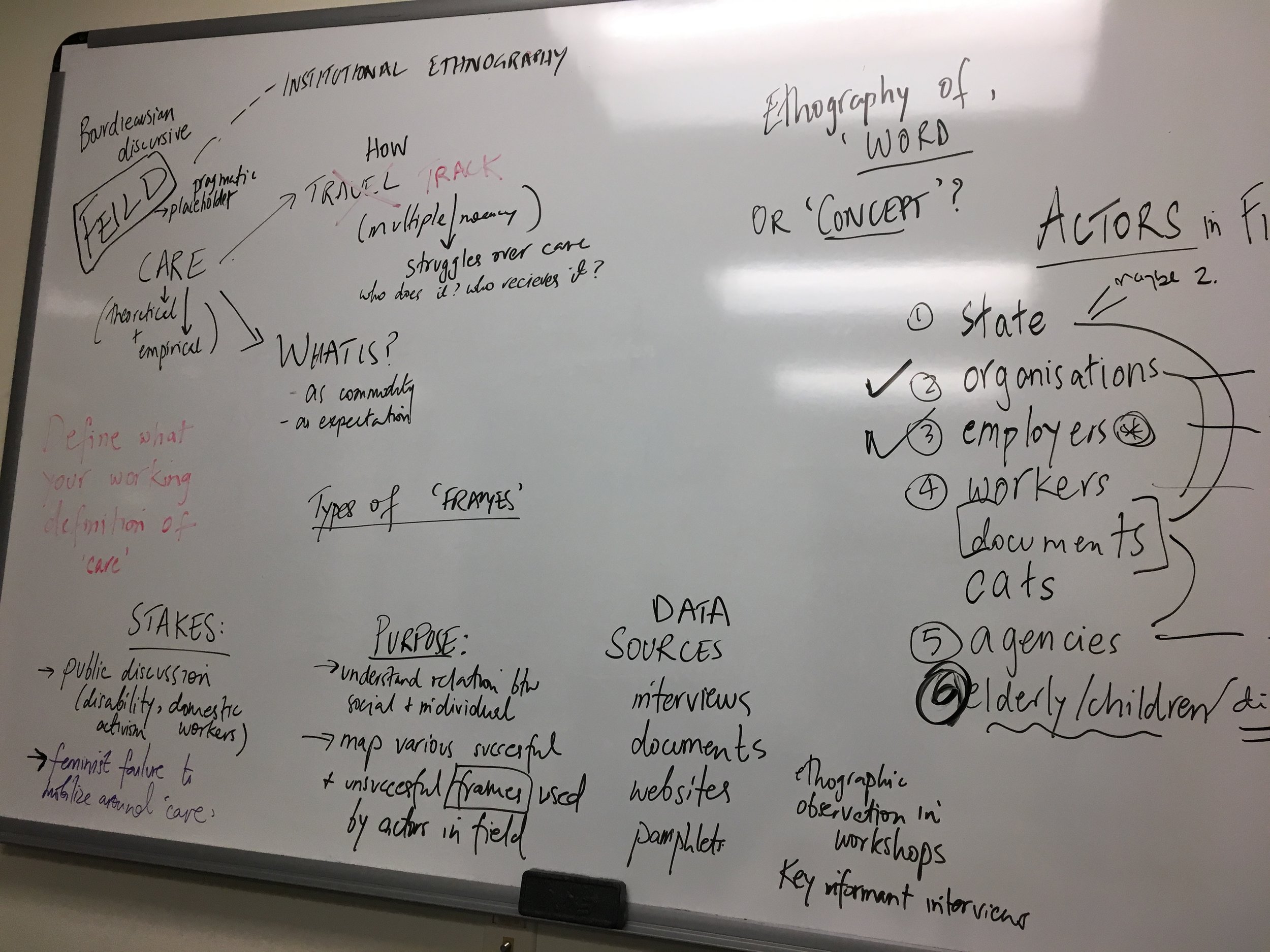
Jussara Raxlen
Jussara dos Santos Raxlen is a doctoral candidate in Sociology at The New School for Social Research. At the intersection of culture, politics, and the sociology of knowledge, her research explores the links between categories of thought and their representations, and forms of solidarity.
JUSSARA DOS SANTOS RAXLEN is a doctoral candidate in Sociology at The New School for Social Research. At the intersection of culture, politics and the sociology of knowledge, her research explores the links between categories of thought and their representations, and forms of solidarity.
Jussara's dissertation project, "My Home is Someone’s Workplace": Meanings, Practices, Relationships, and Definition and Boundary Struggles in Home Care in New York City, traces the multiple articulations of “care” across the sites and among the actors involved in the provision of home care for the elderly in New York City. Through ethnographic engagement, in-depth interviews, and textual and visual analysis of relevant documents, she examines the classificatory struggles to fix the meaning and work of care in particular ways, exposing the contested nature of the boundaries between intimacy and labor, private and public, personal and political, and an ethics of care and an ethics of rights. In turn, this boundary work suggests that our futures may depend on the (in)commensurability, (un)translatability and thus the (in)communicability of polysemic understandings about “home,” “community,” and “world” that move the question of how people dwell, share, and die in a common world to the forefront of public deliberation.
In this vein, at GIDEST, Jussara will focus on exploring the political possibilities of thinking about the “home”—this spacetime region of the work of home care—as a heterotopia; that is, as a place where it might be possible to think and develop social policy that goes beyond familiar debates between abstract/universal and concrete/specific understandings and divisions.










